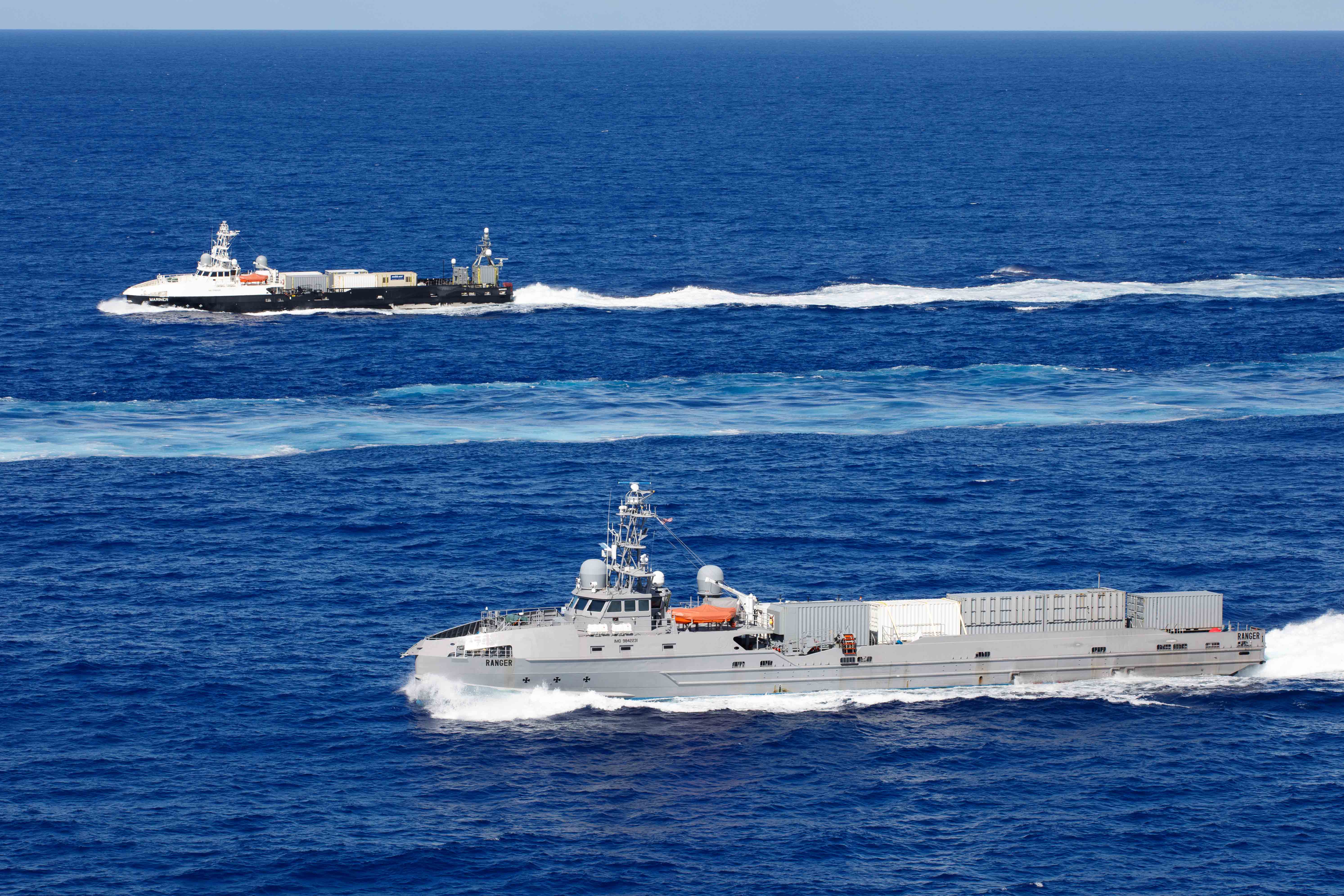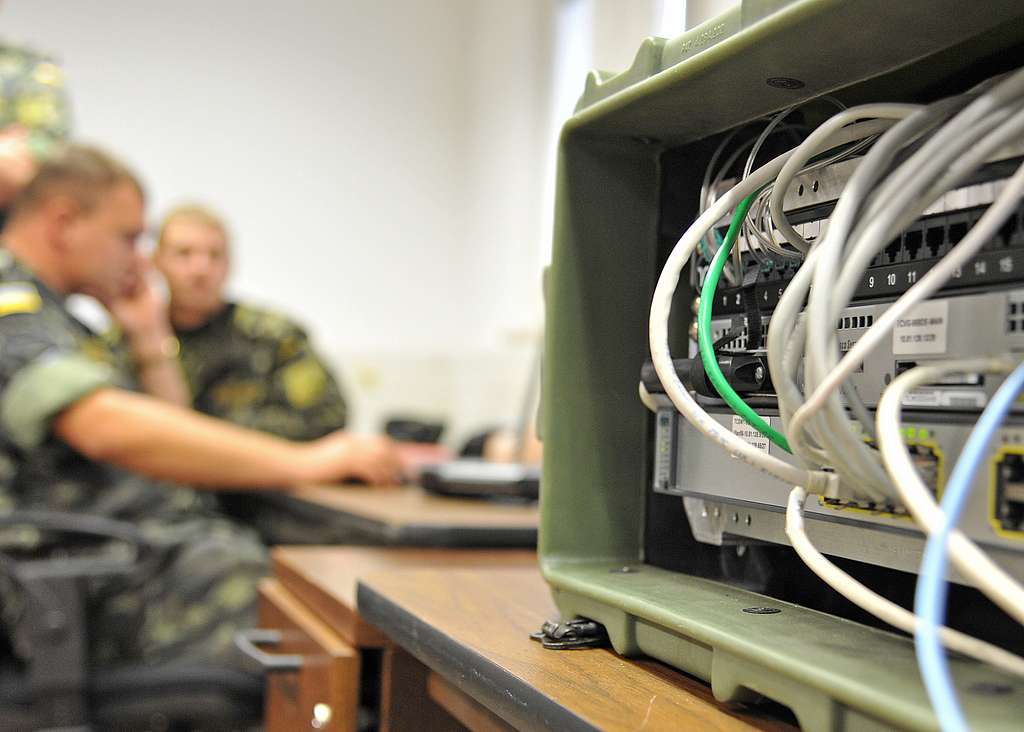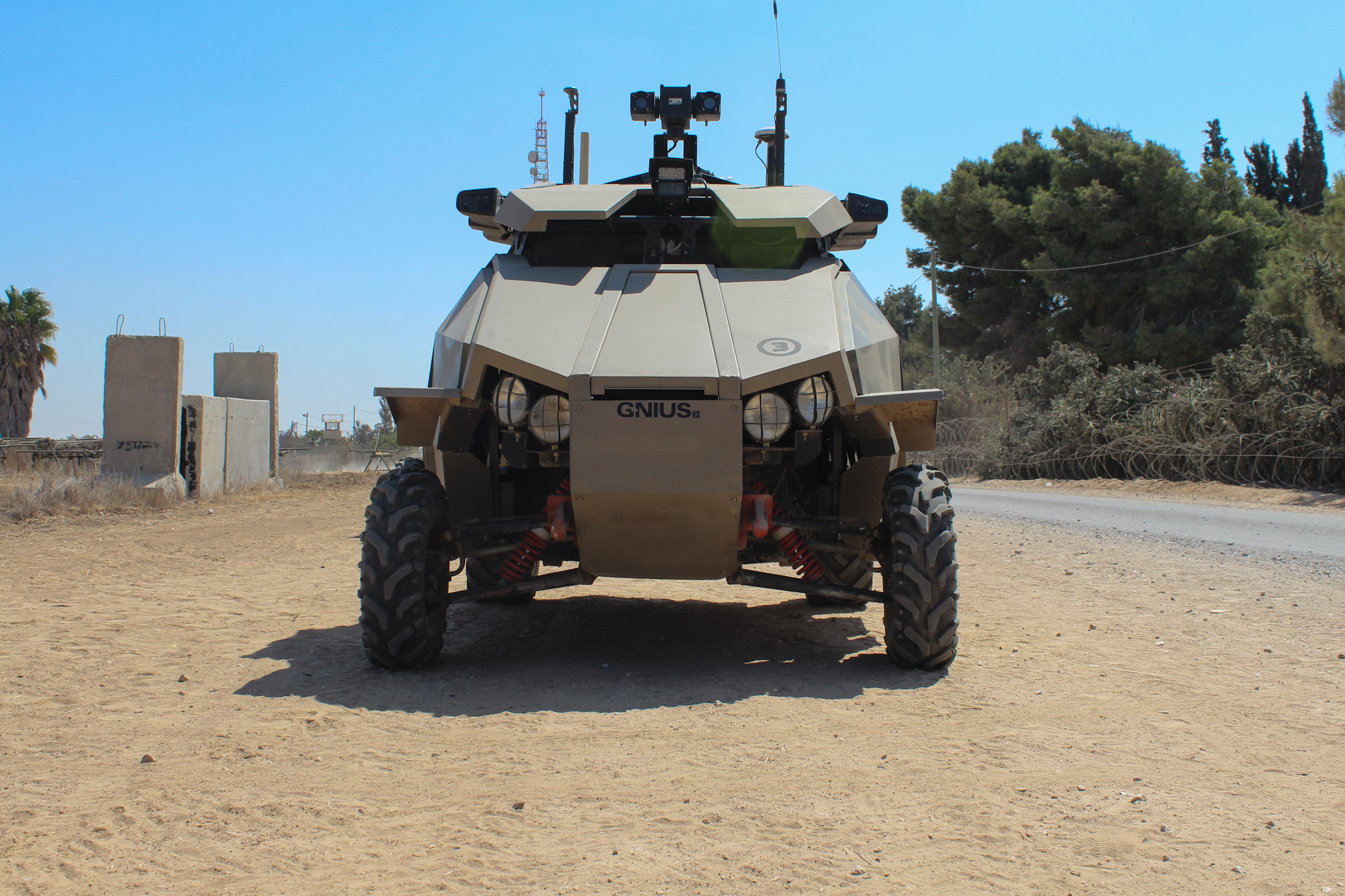Public Opinion on the Use of Force: A Drone Effect?
Over at the political science blog The Monkey Cage, UNC-Charlotte professor James Igoe Walsh shares some polling research on American views about the use of force. He conducted an online experimental survey to test the impact of using drone strikes on support for the use of military force.
Published by The Lawfare Institute
in Cooperation With

Over at the political science blog The Monkey Cage, UNC-Charlotte professor James Igoe Walsh shares some polling research on American views about the use of force. He conducted an online experimental survey to test the impact of using drone strikes on support for the use of military force. He also introduces the chance of success and likelihood of civilian deaths in his study, which he described as follows:
To tackle this problem, earlier this summer I recruited via the internet a convenience panel of 1248 respondents in the United States to participate in a survey experiment. Each respondent was randomly assigned to read a hypothetical news story about planned military strikes on terrorist training camps in Yemen. These vignettes contained different information about the consequences of such strikes. The baseline treatment described the attacks as drone strikes causing no US military casualties, having a high likelihood of military success, and creating no civilian deaths. The next three treatments varied one of these factors, describing the attack as a raid that would produce about 25 US military casualties, as a drone strike that was unlikely to succeed, or a drone strike that would kill civilians. Respondents were then asked to rate their degree of support for this use of force on a four-point scale, with higher values indicating greater support.His results imply (with certain caveats related to the reliability of online surveys and experiments) that support for the use of force may be the most dependent (among the three factors he tests) upon the likelihood of civilian casualties, not U.S. military casualties. He concludes:
These results suggest that drones may well alter how Americans think about using military force. The effect of military casualties found here implies that drone technology could make it much easier, and perhaps tempting, for Presidents to use them in conflicts overseas. The smaller effect of mission success means that even the prospect of failure may serve as only a small brake on such impulses. Civilian deaths, though, may well moderate support for drone strikes.Read his full post here.
Raffaela Wakeman is a Senior Director at In-Q-Tel. She started her career at the Brookings Institution, where she spent five years conducting research on national security, election reform, and Congress. During this time she was also the Associate Editor of Lawfare. From there, Raffaela practiced law at the U.S. Department of Defense for four years, advising her clients on privacy and surveillance law, cybersecurity, and foreign liaison relationships. She departed DoD in 2019 to join the Majority Staff of the House Permanent Select Committee on Intelligence, where she oversaw the Intelligence Community’s science and technology portfolios, cybersecurity, and surveillance activities. She left HPSCI in May 2021 to join IQT.
Raffaela received her BS and MS in Political Science from the Massachusetts Institute of Technology in 2009 and her law degree from Georgetown University Law Center in 2015, where she was recognized for her commitment to public service with the Joyce Chiang Memorial Award. While at the Department of Defense, she was the inaugural recipient of the Office of the Director of National Intelligence’s General Counsel Award for exhibiting the highest standards of leadership, professional conduct, and integrity.





